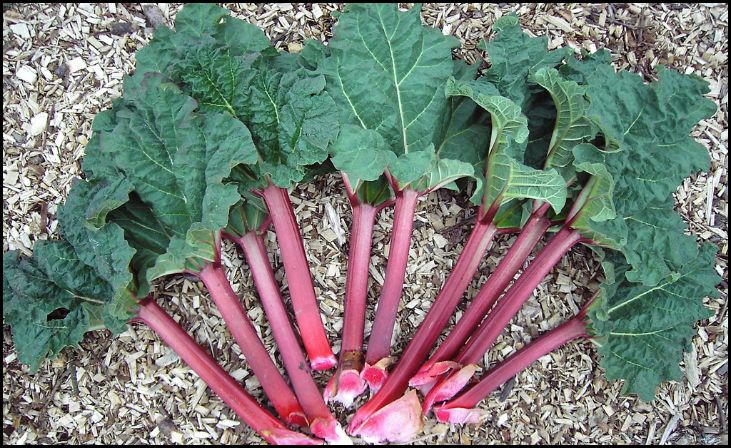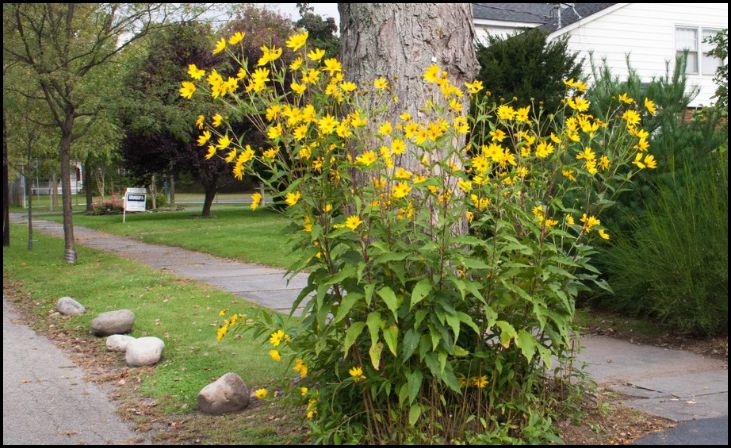In the world of gardening, perennial vegetables are like the gift that keeps on giving. Unlike annual vegetables that need to be replanted every year, perennial vegetables come back year after year, providing a continuous harvest with less effort. Whether you’re a seasoned gardener or just starting out, incorporating perennial vegetables into your garden can add diversity and sustainability to your harvest. In this article, we’ll explore seven perennial vegetables that not only thrive with minimal maintenance but also offer delicious flavors and nutritional benefits.
1. Asparagus (Asparagus officinalis)
Asparagus is a well-loved perennial vegetable known for its tender spears and distinct flavor. Once established, an asparagus patch can produce bountiful harvests for up to 20 years or more. Planting asparagus crowns in well-drained soil with plenty of sunlight is essential for successful growth. With proper care, you can enjoy fresh asparagus from your garden each spring, making it a valuable addition to any perennial vegetable garden.
2. Rhubarb (Rheum rhabarbarum)

Rhubarb is another perennial favorite prized for its tart stalks, which are commonly used in pies, jams, and desserts. This hardy plant thrives in cool climates and can tolerate a wide range of soil conditions. Once established, rhubarb plants can last for many years, providing a reliable harvest in early spring. Harvesting rhubarb stalks correctly ensures the plant’s continued growth and productivity, making it a versatile and low-maintenance addition to your garden.
3. Artichoke (Cynara cardunculus var. scolymus)
Artichokes are not only delicious but also strikingly beautiful with their large, spiky heads. While they may require a longer growing season and protection from frost in colder climates, artichoke plants can produce multiple harvests of tender buds year after year. With proper care and attention to soil fertility, artichokes can thrive as perennial crops, rewarding gardeners with their unique flavor and ornamental appeal.
4. Horseradish (Armoracia rusticana)
Horseradish is a rugged perennial vegetable valued for its spicy, pungent roots, which are commonly used as a condiment or seasoning. This resilient plant can thrive in various soil types and is relatively low-maintenance once established. Horseradish roots can be harvested and replanted to propagate new plants, ensuring a continuous supply for years to come. With its robust flavor and culinary versatility, horseradish is a valuable addition to any perennial vegetable garden.
5. Jerusalem Artichoke (Helianthus tuberosus)

Jerusalem artichokes, also known as sunchokes, are a unique perennial vegetable prized for their knobby tubers and sweet, nutty flavor. These hardy plants are native to North America and can adapt to a wide range of growing conditions. Once planted, Jerusalem artichokes spread prolifically, making them an excellent choice for gardeners looking to establish a low-maintenance perennial crop. Harvesting Jerusalem artichokes in late fall or early winter ensures optimal flavor and storage quality, making them a versatile and nutritious addition to your garden harvest.
6. Sorrel (Rumex acetosa)
Sorrel is a leafy perennial vegetable known for its tangy, lemony flavor and tender leaves. This versatile plant can be harvested throughout the growing season, providing a continuous supply of fresh greens for salads, soups, and sauces. Sorrel thrives in well-drained soil with partial shade and can tolerate cooler temperatures, making it an ideal choice for temperate climates. With regular harvesting and proper care, sorrel plants can persist for many years, enriching your garden with their vibrant foliage and zesty flavor.
7. Perennial Kale (Brassica oleracea var. acephala)

Perennial kale, also known as walking stick kale or tree collards, is a resilient leafy green prized for its hearty leaves and prolific growth habit. Unlike traditional kale varieties, perennial kale can withstand harsh winter conditions and continue to produce new growth year after year. This makes it an excellent choice for gardeners seeking a reliable source of fresh greens throughout the year. With regular pruning and maintenance, perennial kale plants can thrive for several seasons, providing a sustainable and nutritious addition to your garden harvest.
Conclusion
Incorporating perennial vegetables into your garden can offer numerous benefits, from reducing the need for annual replanting to providing a continuous supply of fresh produce year after year. By choosing resilient varieties like asparagus, rhubarb, artichokes, horseradish, Jerusalem artichokes, sorrel, and perennial kale, you can create a diverse and sustainable garden that thrives with minimal effort. Whether you’re a seasoned gardener or just starting out, experimenting with perennial vegetables can enrich your gardening experience and yield delicious rewards for seasons to come.



